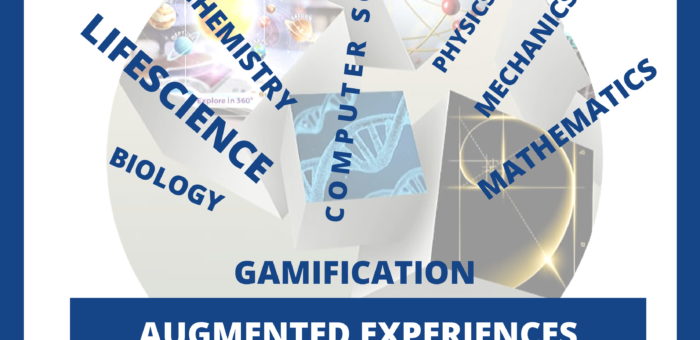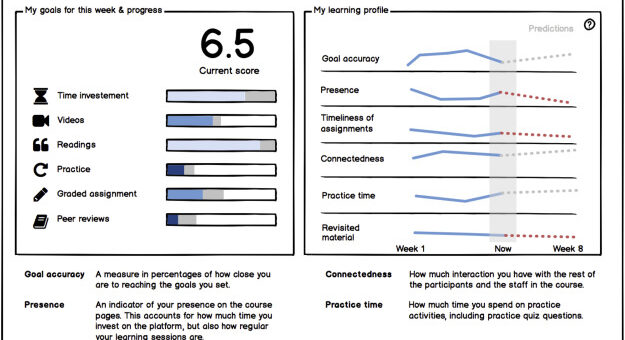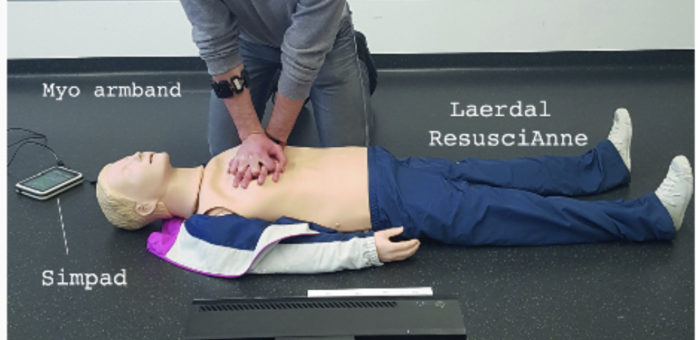
Publication of the Compendium of Gamification Strategies: AR in STEM classes in the EU
The only limit is our imagination: Augmented Reality Technology enters STEM classes in EU As a powerful storytelling tool, immersive media fundamentally change the way we interact with our environment. The EU-funded AR4STEAM project wants to use this potential for new ways of learning in school lessons in natural sciences and arts. With Augmented Reality (AR) we can merge digital dimension with the physical world and create completely new experiences. Reality becomes a creative canvas on which we can provide information in a completely new and exciting way. Artists and scientists have long recognized that immersive technologies appeal to recipients emotionally on a whole new level and create lasting impressions. AR makes the previously impossible a new reality. The only limit? Our imagination! Studies have shown that the use of…


